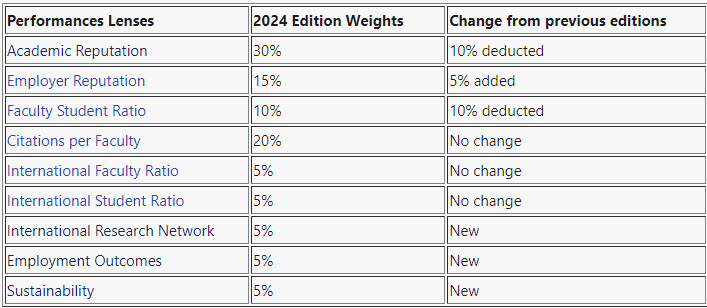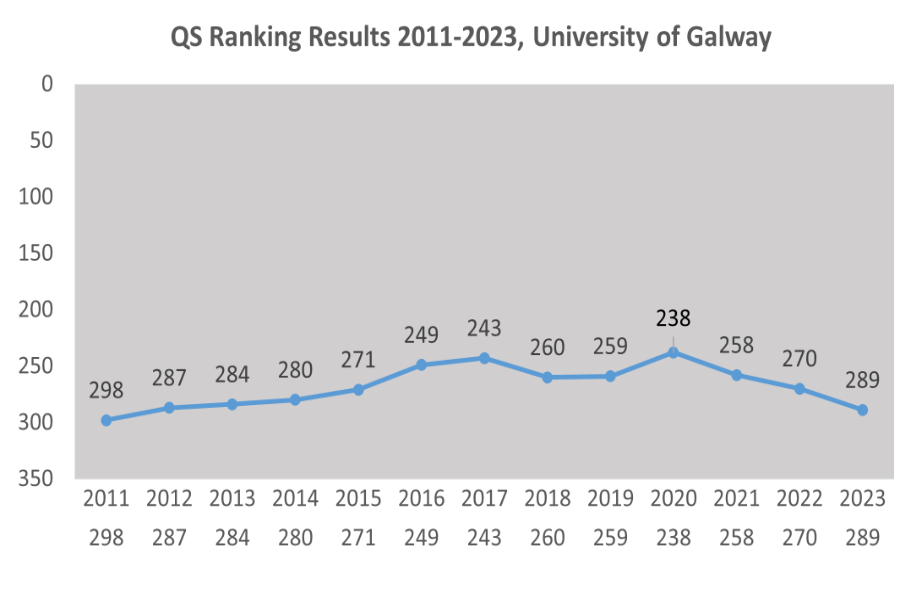-
Courses

Courses
Choosing a course is one of the most important decisions you'll ever make! View our courses and see what our students and lecturers have to say about the courses you are interested in at the links below.
-
University Life

University Life
Each year more than 4,000 choose University of Galway as their University of choice. Find out what life at University of Galway is all about here.
-
About University of Galway

About University of Galway
Since 1845, University of Galway has been sharing the highest quality teaching and research with Ireland and the world. Find out what makes our University so special – from our distinguished history to the latest news and campus developments.
-
Colleges & Schools

Colleges & Schools
University of Galway has earned international recognition as a research-led university with a commitment to top quality teaching across a range of key areas of expertise.
-
Research & Innovation

Research & Innovation
University of Galway’s vibrant research community take on some of the most pressing challenges of our times.
-
Business & Industry

Guiding Breakthrough Research at University of Galway
We explore and facilitate commercial opportunities for the research community at University of Galway, as well as facilitating industry partnership.
-
Alumni & Friends

Alumni & Friends
There are 128,000 University of Galway alumni worldwide. Stay connected to your alumni community! Join our social networks and update your details online.
-
Community Engagement

Community Engagement
At University of Galway, we believe that the best learning takes place when you apply what you learn in a real world context. That's why many of our courses include work placements or community projects.
QS Overall Rankings
QS Overall Rankings
The QS World University Rankings is an annual publication of university rankings by Quacquarelli Symonds(QS).
In June 2023, QS published their 20th edition of the QS World University Ranking Results 2024, with the largest ever number of universities partaking - a total of 1,500 institutions across 104 locations, up from 1,400 last year. University of Galway was ranked 289th place in 2022 (down from 270th in 2022).
The results incorporate 17.5 million academic papers published between 2017 and 2021. They also reflect the expert opinions of over 150,000 academic faculty and over 99,000 employers who partake in both the academic and employer reputation survey. The QS introduced faculty area normalisation in 2015 to ensure that institutions specialising in Life Sciences and Natural Sciences were not unduly advantaged. See more about the QS Methodology used in the rankings here.
New in the 2023: For their 20th edition, QS significantly evolved their methodology, reflecting the shift towards sustainability and employability and research collaborations in higher education. Three new indicators were introduced and some of the original metrics were rebalanced as detailed below:

The chart below shows University of Galway's overall ranking performance in the QS World University Ranking since 2011 .
University of Galway's Ranking result 2011-2023

QS Metrics
In 2023 for their 20th edition, QS added three new metrics to their existing six metrics and re-weighted the rankings more towards sustainability, employability and international networks.
Two of the metrics (Academic Reputation and Employer Reputation) are based on surveys conducted by QS, and the remaining seven come from a variety of bibliometric sources.
The nine Indicators and their weighting in the 2023 QS World University Ranking (WUR) are outlined below:
- Academic Reputation - 30%: QS' Academic Reputation indicator relates to academic excellence and the scholarly esteem in which the world’s universities are held. Obtained through an annual global survey, it collates more than 150,000 responses from academics in more than 140 countries and locations. It seeks to answer the powerful question of which universities are performing world-class research. The answer to this question not only illuminates the quality of the research, but the strength of the university in communicating that research, and the strength of the impact the research makes across the world.
- Employer Reputation - 15%: QS’ Employer Reputation indicator is obtained using another survey, like Academic Reputation. The most recent edition surveyed some 99,000 employers at companies and organisations that hire graduates on a significant or global scale.
- International Staff (5%) and International Students (5%) Looks at the ratio of International Faculty and Students to the overall staff and student population respectively.
- Citations per Faculty - 20%: This is a measure of the relative intensity and volume of research being done at an institute, taking into account institute size.
- Faculty Student Ratio - 10%: This measure is a proxy measure for the learning & teaching environment of the University.
- NEW International Research Network - 5% This is a measure of global engagement, spcifically how institutions create and sustain research partnerships with other institutions across borders to collaborate on solving global challenges.
- NEW Sustainability - 5%: Looks at how an insitution is demonstrating a commitment to a more sustainable existence. More than just the commitment, it looks for outwards evidence of this - from the impact that alumni are making in science and technology to solve climate issues, to the impact of research being done across the UN's 17 sustainable development goals. It evaluates the social and environmental impact of universities as a center's of education and research, as well as a major employers with the operational sustainability challenges of any large and complex organization.
- NEW Employment Outcomes - 5%: Reflects the ability of institutions to ensure a high level of employability for their graduates, while also nurturing future leaders who go on to make an impact in their respective fields., it combines the graduate employment rate with Alumni impact
Press Release
See press releases relating to the QS ranking results:
2022 Press Releases
2021 Press Releases
- NUI Galway's press release 8th June 2021
- Irish Times press release 8th June 2021
- Irish Independent release 8th June 2021
- 2020/2021 QS World Ranking Results
2020 Press Releases
- Read NUI Galway's news archive on the University Rankings.
- Irish Times, 10th June 2020
- 2019/20 QS World Ranking Results
2019
2018
2017 Press Releases
- The Irish Time press release QS Ranking Results 08/06/2017
- The Irish Independent press release QS Ranking Results 08/06/2017
- Listen to President Jim Browne's interview on Today FM, 08/06/2017
2016 Press Releases
- Irish Times press release, QS ranking results, 06/09/2016
- Listen to President Jim Browne's interview on RTE 1, 09/06/16
More information:
More on University of Galway's scoring in the QS World University Ranking
See more details on University of Galway's scoring in the QS World University Ranking.
News
27th September 2023
University of Galway retains it's global rank of 301-350 in the Times Higher Education (THE) World University Rankings 2024.
20th Sept 2023
27th June 2023
1st June 2023
22nd March 2023
12th October 2022
University of Galway has climbed in the latest Times Higher Education World University Rankings for 2023, into the 301-350 category, up from the 351-400 category last year.















